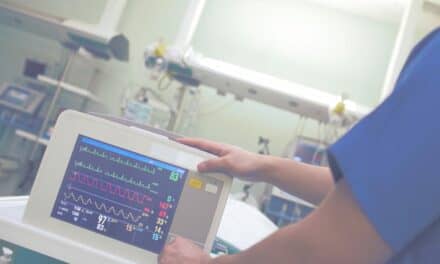Suffice it to say that the Right to Repair movement has been fraught with instability. It’s been two steps forward, (The passage of the California Medical Device Right to Repair Act, aka: SB605, in the state health judiciary committee, and President Biden’s July Executive Order supporting the movement) one step back (The California Senate Appropriations Committee vetoing SB605 in May!).
Last month, the Right to Repair battle netted a major victory, however, with the U.S. Copyright Office’s new exemptions to Section 1201 of the Digital Millennium Copyright Act that relate to the repair of digital devices, including medical equipment. Specifically, the new recommendations loosen a 2015 exemption granting access to medical device data.
Many in the healthcare technology management field—particularly independent service organizations (ISOs)—lauded this move as a major triumph, praising the U.S. Copyright Office for removing repair restrictions. The Medical Imaging & Technology Association (MITA) shared a different perspective—to put it lightly.
In comments submitted to the Copyright Office, the trade association slammed the recommendations as “undermining medical device safety” and, consequently, “putting patients at risk.” Patrick Hope, MITA’s executive director, elaborated on this argument, stating: “If this recommendation is ultimately accepted and implemented, it would amount to a license for unregulated third-party servicers to hack sensitive technology, creating grievous cybersecurity and patient safety risks.”
What’s more, he said, “Current intellectual property protections for OEMs do not prevent ISOs from servicing equipment, and in fact, OEMs can service other manufacturers’ equipment without hacking into it. This recommendation would increase the risk of harm for patients and healthcare providers since third-party servicers are not regulated by the FDA.” MITA, Hope said, will continue to fight against what he deems a “misguided approach.”
HTM expert Binseng Wang, vice president of program management at Sodexo Clinical Technology Management, begs to differ. Commenting on 24×7’s LinkedIn page (Follow us at www.linkedin.com/company/24×7-biomed), Dr. Wang characterized MITA’s argument as paranoia stemming from “FUD”—or fear, uncertainty, and doubt. “It’s time to make decisions based on evidence (data) and not emotions, or FUD,” he wrote.
I would love to hear where you stand on this issue? Do you share Dr. Wang’s sentiments or stand behind MITA? E-mail me at [email protected] and let me know.






